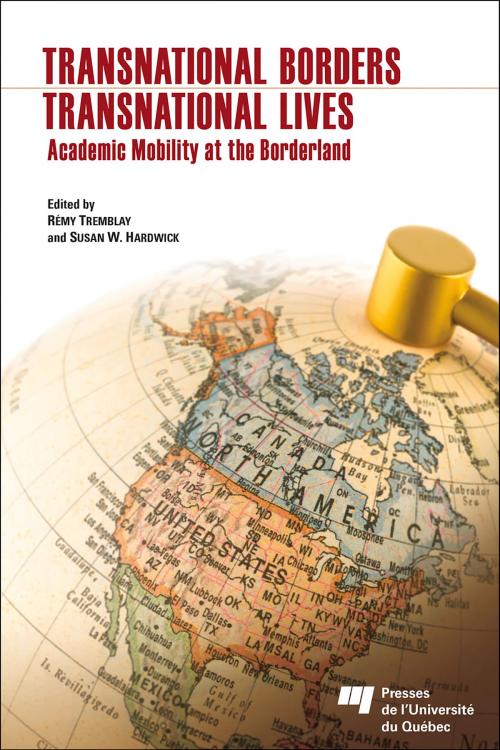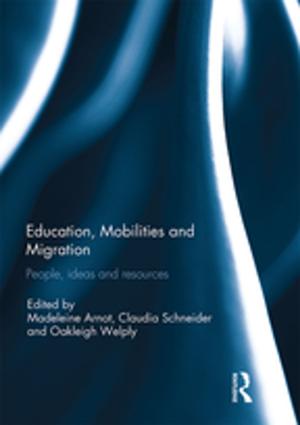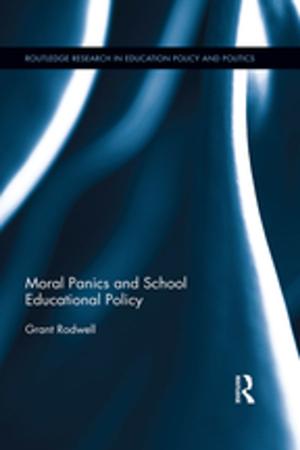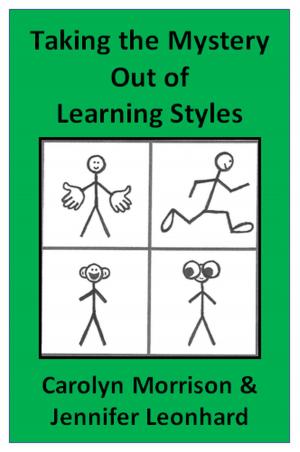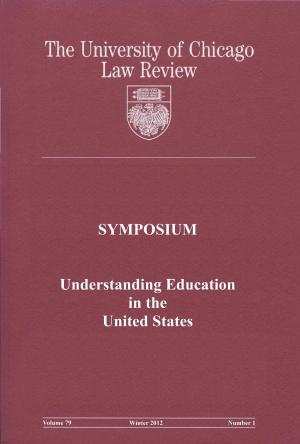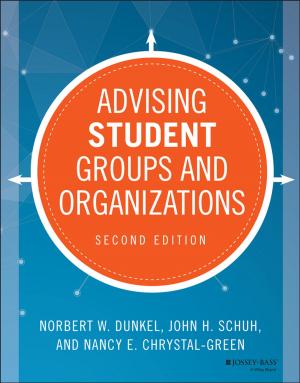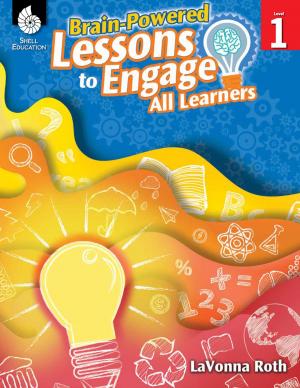Transnational Borders, Transnational Lives
Academic Mobility at the Borderland
Nonfiction, Social & Cultural Studies, Social Science, Cultural Studies, Emigration & Immigration, Reference & Language, Education & Teaching| Author: | Rémy Tremblay | ISBN: | 9782760539136 |
| Publisher: | Presses de l'Universite du Quebec | Publication: | January 1, 2014 |
| Imprint: | Presses de l'Universite du Quebec | Language: | English |
| Author: | Rémy Tremblay |
| ISBN: | 9782760539136 |
| Publisher: | Presses de l'Universite du Quebec |
| Publication: | January 1, 2014 |
| Imprint: | Presses de l'Universite du Quebec |
| Language: | English |
Migrating is a life-changing decision that academics might take because of career. But leaving a homeland is a lot more than a job issue. Many other factors and adjustment challenges are put in the line. This book tells the stories of a selected group of geographers who migrated to one side to another of the Canada-US border. The often emotional autobiographical testimonials of those academics go a long way toward capturing the full range of feelings and experiences related to migration and settlement decision-making, especially as personal processes play out within the larger context of North American mobility. Common themes, issues, and questions emerge from their texts: the push-pull factors influencing their migration decision-making; the role of the department or university’s reputation in their decision to relocate abroad; the potential attraction of the physical/environmental characteristics of their new site of residence; the career or personal impacts of relocation; their attachment to place, sense of belonging, or feelings of “otherness” after relocation; and other opportunities or challenges they may have faced living and teaching abroad. As these various authors remind us, becoming a migrant is about much more than finding the right job or ending up in a particular locale. Mobility is also about seeking and finding pathways that lead to -personal growth and a deepened trust in oneself and one’s family.
Migrating is a life-changing decision that academics might take because of career. But leaving a homeland is a lot more than a job issue. Many other factors and adjustment challenges are put in the line. This book tells the stories of a selected group of geographers who migrated to one side to another of the Canada-US border. The often emotional autobiographical testimonials of those academics go a long way toward capturing the full range of feelings and experiences related to migration and settlement decision-making, especially as personal processes play out within the larger context of North American mobility. Common themes, issues, and questions emerge from their texts: the push-pull factors influencing their migration decision-making; the role of the department or university’s reputation in their decision to relocate abroad; the potential attraction of the physical/environmental characteristics of their new site of residence; the career or personal impacts of relocation; their attachment to place, sense of belonging, or feelings of “otherness” after relocation; and other opportunities or challenges they may have faced living and teaching abroad. As these various authors remind us, becoming a migrant is about much more than finding the right job or ending up in a particular locale. Mobility is also about seeking and finding pathways that lead to -personal growth and a deepened trust in oneself and one’s family.
